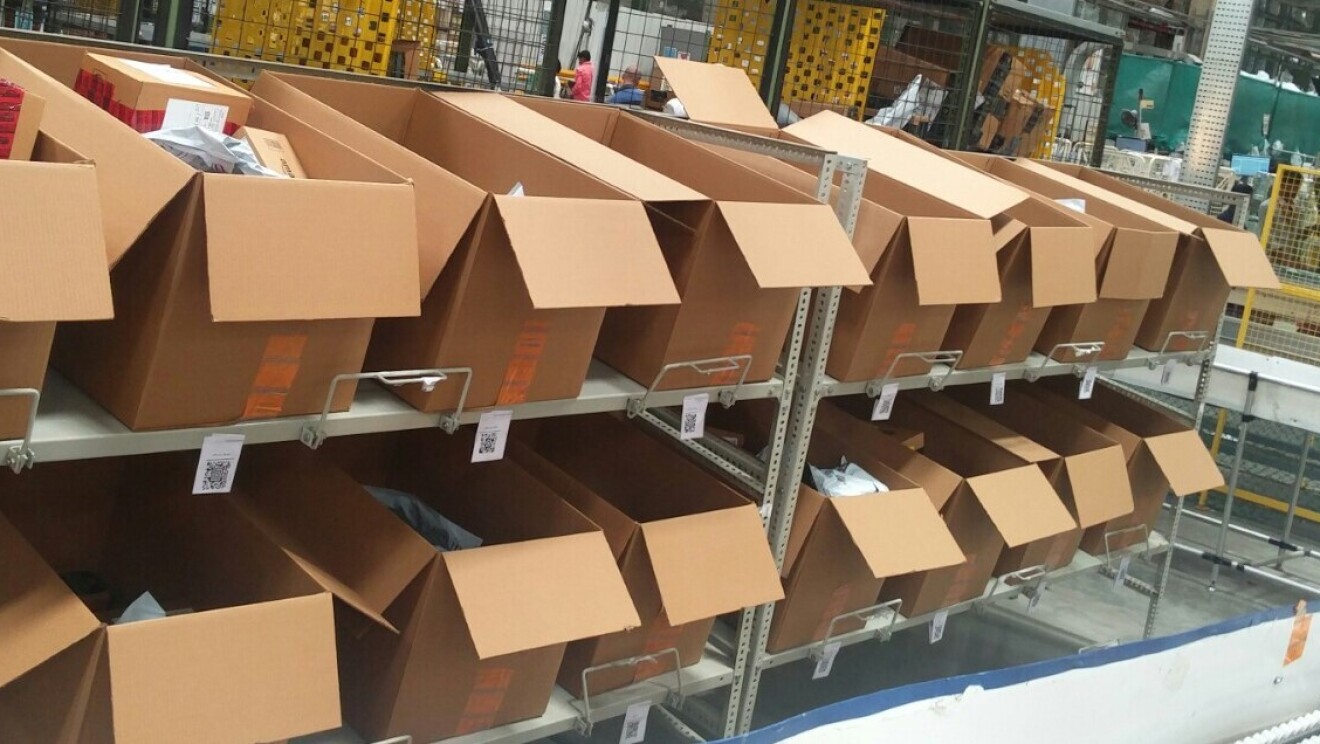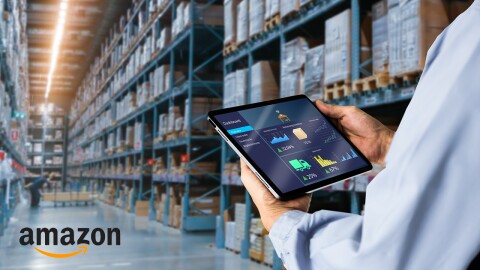- With recent efforts, less than 7% of the packaging in Amazon India Fulfilment Centers is single use plastic in nature.
- The company will collect plastic equivalent to all the plastic packaging material used by the Amazon Fulfilment network in India from September 2019
Amazon India today announced its commitment to eliminate single use plastic from its packaging by June 2020. A significant step towards this change is the introduction of ‘paper cushions’, which will replace plastic dunnage like air pillows and bubble wraps across its fulfilment centers in India. Paper cushions will be used to fill the void space inside packages to ensure that the product is well protected in transit. This environment friendly and fully recyclable packaging solution has already been launched in select fulfilment centers (FC) and will be extended across all FCs of Amazon in the country by the end of the year.
The company has ensured that its packaging material in the form of corrugate boxes and paper cushions contains as high as 100% recycled content and is also fully recyclable. The plastic currently used in packaging mailers and bubble bags is made of 20% recycled content, and is also recyclable. Amazon India is aggressively developing plastic free alternatives for packaging mailers, bubble bags, stretch wrap and tape used in the packaging which will help the company eliminate all forms of plastic used in its packaging.
With the introduction of paper dunnage we are able to eliminate a significant use of plastic while continuing to protect customer orders.
Amazon continues to be committed to collection and recycling of plastic packaging material. The company has pledged to collect plastic, equivalent to all of the plastic packaging material used by the Amazon Fulfilment network in the country from September 2019. This is an extension of the initiative which has been underway in the State of Maharashtra for a year.
Akhil Saxena, Vice President, Customer Fulfillment, Amazon India, said, “Amazon India is committed to a sustainable supply chain that leverages technology to build solutions that optimize the use of packaging material, reduce waste and create eco-friendly packaging. With the introduction of paper dunnage we are able to eliminate a significant use of plastic while continuing to protect customer orders.”
He further added “We have been relentlessly working on reducing single-use plastic in our supply chain. Today, less than 7% of our packaging material consists of single use plastic and we are working towards eliminating usage of them completely in our buildings by June 2020. We will also help educate our sellers who directly fulfil customer orders to join us in this directional change in packaging. This investment in protecting the environment ensures a triple win – it is good for our planet, good for our customers and community, and good for the business.”
In line with its commitment to sustainability, Amazon India launched Packaging-Free Shipments (PFS) last year and has expanded to 13 cities in less than a year. With packaging-free shipments, the company minimizes secondary packaging required for individual shipments by securing multiple shipments together in a reusable crate or a corrugate box. This was introduced to reduce waste generated from secondary packaging of customer orders. With the introduction of paper dunnage and PFS, Amazon India aims to minimize plastic generated throughout its supply chain and ensure secure deliveries of its customer orders.
Eco-friendly Packaging initiatives· All plastic dunnage across the Amazon fulfilment centres in India will be replaced with paper cushions by end of the year. · 60% of the Amazon Pantry orders are now delivered in totes which has enabled the removal of secondary packaging. · Packaging free shipment (PFS) now expanded to 100 cities within a year. · We have partnered with brands to develop e-commerce friendly packaging. As of July 2019, we doubled the number of instances where products were shipped with only the manufacturer’s packaging. · In 2018, we doubled the instances of a customer receiving a box with multiple products in it, thus reducing packaging material used. |
Amazon’s other initiatives in India, in line with its commitment to the environment include installations of large-scale solar panel systems at 8 fulfillment centres and 2 sortation centres. This investment will help Amazon India generate close to 9 megawatts units of solar energy by the end of the year to support the annual energy needs of these buildings, reducing dependency on conventional sources of energy. These investments are part of Amazon’s long-term goal to power our global infrastructure using 100% renewable energy.
These initiatives are a part of Amazon’s global sustainability goal to help achieve Shipment Zero, the company’s vision to make all Amazon shipments net zero carbon, with 50% of all shipments net zero carbon by 2030.











